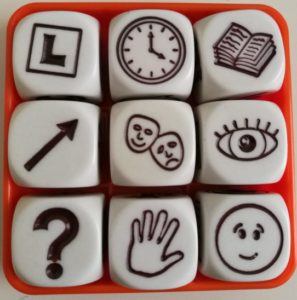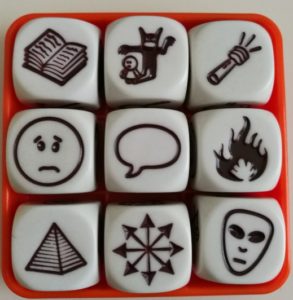Reflecting on the Edited Bibliography
I like the idea of making an edited bibliography as part of viva preparations: figuring out the core of your bibliography and where your research comes from.
You can go a step further than just making a list of your best references. Start with the following questions to really reflect on your research:
- Pick a paper. Why is it more valuable than many others in your bibliography?
- Which chapter is it most relevant to?
- How, explicitly, have you used it in furthering your work?
- What other papers does it connect up with in your edited bibliography?
- Are there any downsides to basing your work on this paper?
- Think about the whole list. How do these papers fit together?
- How many groups could you place them in, and how would you label them?
- What papers have you left out of your edited bibliography and why?
- If you could add one more paper to your edited bibliography, what would it be and why?
During your PhD, you dig into your field to help bring your research to life. During your viva prep, you can dig into your bibliography to help yourself even more.
Keep digging.

